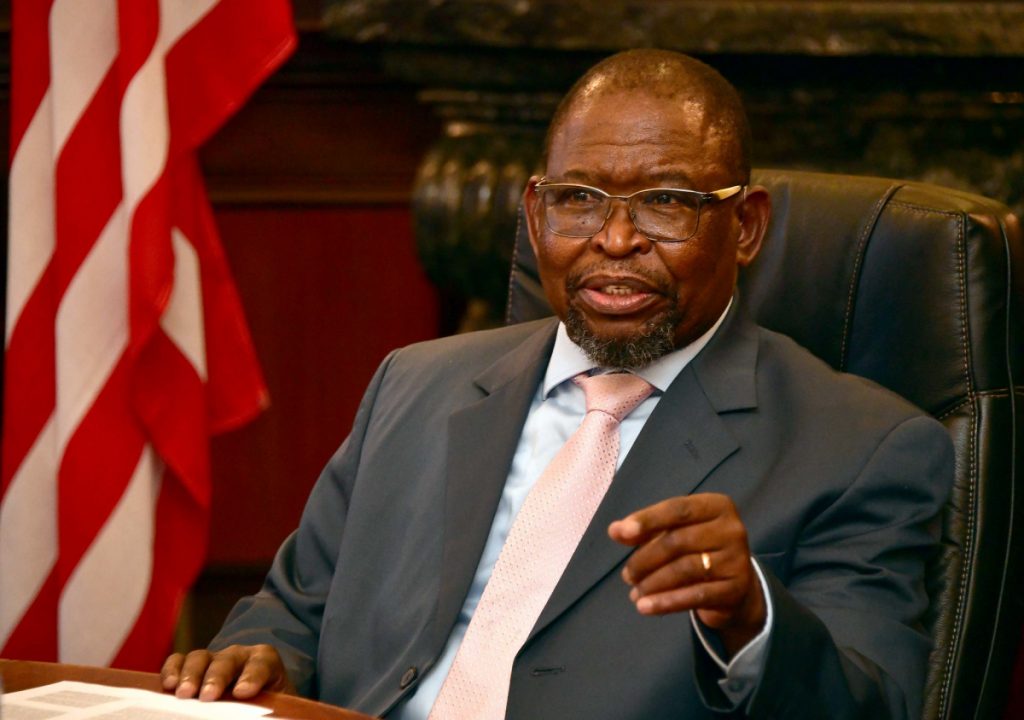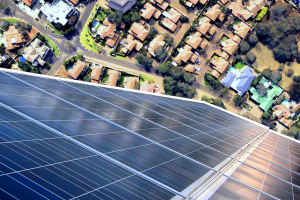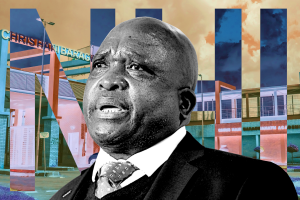4 major risks that Godongwana needs to address in the 2023 budget next week

The minister of finance, Enoch Godognwana, will deliver the National Budget Speech on 22 February 2023.
The speech is set to come at a time when cash-strapped South Africans are reeling from a high cost of living, low levels of savings and a persistent load shedding crisis stifling the country’s economic growth prospects.
According to the ministry of finance, the budget allocation speech will aim to strike a balance between competing national spending priorities and the limited resources available to the National Treasury.
Topics expected to be covered by Godogonwana include stabilising state-owned entity finances such as Eskom, the large budget deficit, tax revenues, municipal finances and more.
Thalia Petousis, a portfolio manager at Allan Gray, highlighted four major concerns that need to be addressed by the finance minister. Namely:
- The fiscal deficit that may not be accurately projected;
- The impact of load shedding, which is difficult to quantify;
- The growing government wage bill, with unions unlikely to accept the state’s plans;
- The risk of state-owned companies, particularly Eskom.
Petousis said that one of the most critical figures going into the national budget is that of the fiscal deficit – essentially, the measure by which the government has overspent relative to its tax revenue.
“In short, it is an indication of how much more debt a government will need to raise to fund its excess spending every fiscal year,” Petousis said.
Economists have also raised concerns over excess spending and increased demand on the budget. The Bureau for Economic Research (BER) said that the recent announcement of the further extension of the R350 SRD grant, for example, is likely to eat up more of the already constrained budget.
According to Petousis, last year, the National Treasury estimated that the current FY22/23 main budget deficit would stand at -R324 billion (or -4.9% of SA’s GDP).
“While this figure may sound like a colossal failure, income tax collection tailwinds in 2022 have actually allowed South Africa to move closer to a balanced primary budget, meaning that government revenues should be sufficient to cover its non-interest expenditures,” she said.
“In such a setting, it is theoretically easier for the government to fund itself in the event that every bondholder simply reinvests all coupons they receive, although problems can still arise where interest costs escalate enormously,” said the portfolio manager.
Petousis said there are concerns that the National Treasury has not accurately estimated the budget deficit for the upcoming years.
In 2019, the forecast estimated that the country’s debt load would stabilise at 60% of GDP by 2023. Currently, however, the debt load sits above 70% – roughly R700 billion more.
Load shedding is having a negative impact on corporate profitability and, in turn, tax collections, making the Treasury have less money to work with.
Petousis noted, however, that load shedding’s bleed-through into income tax collection has not yet been observed in the official budgetary numbers and is currently difficult to quantify.
“Perhaps more at risk than the revenue forecast is that for spending,” Petousis said. Almost a third of all government expenditure goes to the public sector wage bill.
The Treasury forecasts a 3% per annum growth in the government wage bill for the next three years; however, trade unions are unlikely to accept it.
Expenditure pressures should also arise as a result of the several state-owned entities that are unsustainable in their current form.
State-owned national power utility Eskom currently generates less than half of what it needs to service its debt.
The South African National Roads Agency, Transnet and Land Bank have all recently been allocated some form of extraordinary assistance in the last budget.
As a result, Petousis does not believe that the unallocated contingency reserves being baked into the budget are sufficient to meet realistic future cash demands that will be put on the fiscus.
The commissioner of the South African Revenue Service, Edward Kieswetter, stressed that raising taxes or a new wealth tax is not how they plan to fill the gap in the budget.
Read: MBA graduates are doubling their salaries – these are the top business schools in the world in 2023




















